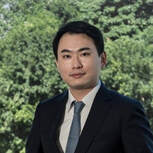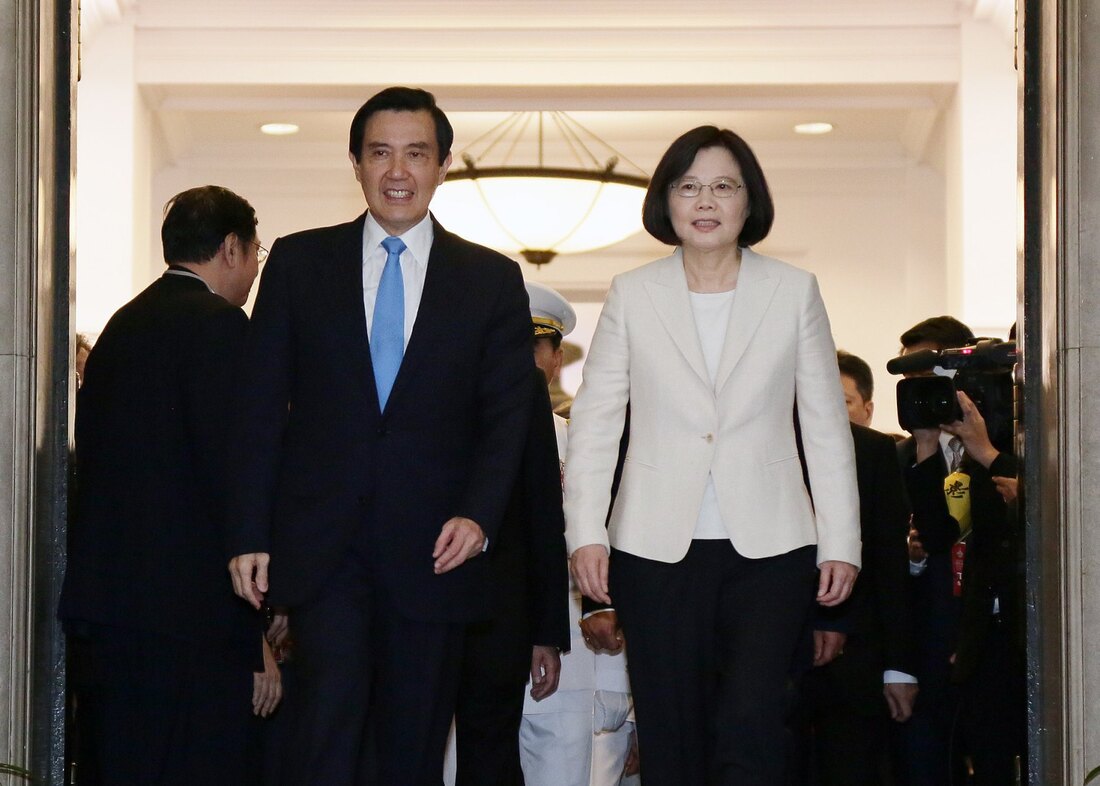
In this event, three experts on Taiwan’s energy policies will discuss Taiwan’s changing energy mix, its ambitious plans for developing renewable energy sources and lessening dependence on imports, and how Taiwan’s exclusion from important international energy bodies such as the International Energy Agency adds to its energy security challenges.
Speaker Bios




 RSS Feed
RSS Feed
